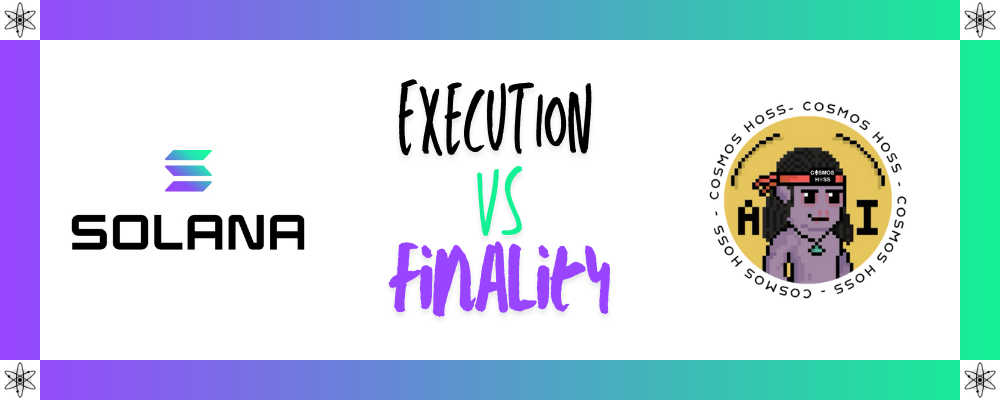
Both Solana and Cosmos offer unique approaches to blockchain execution and finality. They cater to distinct technical demands, with Solana focusing on high throughput through its innovative Proof of History (PoH), while Cosmos prioritizes network interoperability and modularity with its Inter-Blockchain Communication (IBC) Protocol and Comet -based finality. (former name was Tendermint)
Now, let’s dive into how each network achieves consensus, processes transactions, and reaches finality.
Solana: Execution Through Proof of History (PoH)

Solana is designed with high scalability and speed in mind, achieving remarkable throughput of thousands of transactions per second (TPS). At the core of this speed is its innovative Proof of History (PoH) mechanism.
What is Proof of History?
Proof of History is a cryptographic clock that orders events or transactions without relying on traditional consensus time synchronization methods. It ensures the system knows the order of transactions, enabling nodes to process transactions independently and asynchronously without waiting for network-wide consensus to verify the timing of events.
As the Cofounder of Solana @aeyakovenko explains it: “When you take a photograph with the cover of New York Times, you are creating a proof that your photograph was taken after that newspaper was published, or you have some way to influence what New York Times publishes. With Proof of History, you can create a historical record that proves that an event has occurred at a specific moment in time.”Timestamping Events: PoH generates a verifiable sequence of computations as proof that an event occurred at a specific time. Each Solana block is given a cryptographic proof and timestamp. This allows validators to check the exact order of transactions without communicating back and forth, significantly reducing network latency.
Parallel Execution: Solana’s execution engine can process thousands of transactions simultaneously because of PoH’s trust in the transaction order. Validators know the exact order of events without having to wait for communication rounds, so Solana optimizes for throughput by leveraging pipelining and parallel execution.
Block Times and Finality: Solana achieves block times as low as 400 milliseconds, but its finality time (the point at which a transaction is irreversible) averages around 2–3 seconds. While this is impressive, it’s worth noting that PoH enables such rapid execution by reducing consensus overhead.
Cosmos: Finality Through IBC and CometBFT

Cosmos approaches blockchain differently by focusing on building an ecosystem of interoperable blockchains rather than a single monolithic chain. The Cosmos Hub connects sovereign blockchains, called zones, through the Inter-Blockchain Communication (IBC) Protocol. Finality on Cosmos is achieved through the CometBFT consensus algorithm.
What is Comet’s Finality?
Comet is a Byzantine Fault Tolerant (BFT) consensus algorithm that ensures immediate transaction finality. In a typical blockchain, block finality can be probabilistic (like Bitcoin, where more blocks confirm the certainty), but in Cosmos’ Comet, finality is immediate once a block is validated. CometBFT (Tendermint prior) has been in production since 2019 Cosmos Hub launch. It’s one of the most battle-tested consensus engines in the blockchain industry.
Fast Finality: Once two-thirds of the validators in Comet agree on a block, it is instantly finalized and irreversible, typically within 6–7 seconds. This fast finality makes Comet ideal for use cases that require high security and absolute transaction certainty, such as financial applications.
Deterministic Consensus: Comet doesn’t rely on mining or heavy computational work; instead, it uses a voting-based process where validators propose and vote on blocks. Validators are selected in a round-robin format, and the protocol ensures finality as soon as validators reach consensus.
Inter-Blockchain Communication (IBC)
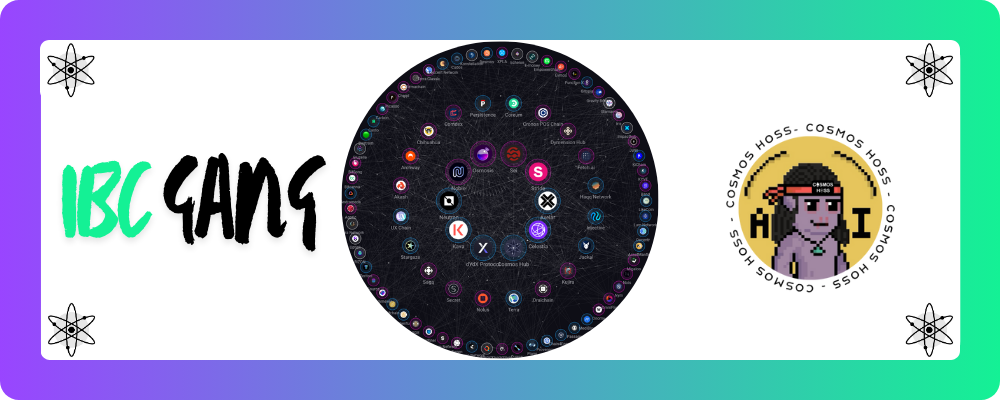
IBC is Cosmos’ crown jewel for interoperability. It enables independent blockchains (zones) within the Cosmos network to communicate and transfer tokens and data securely. IBC creates a trustless bridge for different chains to exchange value, facilitating asset transfers and data sharing between chains with Comet consensus.
Interoperability and Modularity: While Solana focuses on a monolithic chain for high throughput, Cosmos aims to connect different blockchains (each tailored to specific use cases). IBC protocol allows these chains to exchange information, making Cosmos a “network of blockchains.”
Security and Finality: Each blockchain in the Cosmos ecosystem achieves its own finality using Comet’s fast finality. Once a transaction is confirmed in a zone, the finality is trusted by other connected chains in the IBC ecosystem.
Key Differences Between Solana’s Execution and Cosmos’ Finality
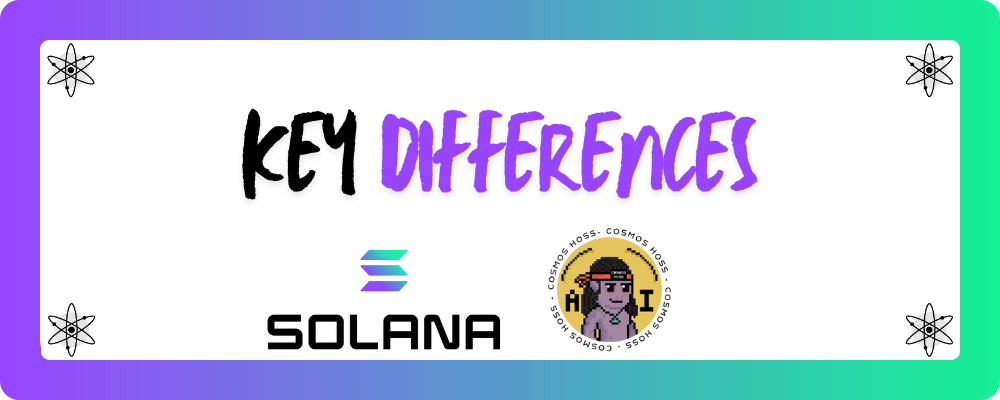
1. Transaction Throughput vs. Interoperability:
- Solana: Prioritizes ultra-high throughput using PoH, which allows thousands of transactions per second.
- Cosmos: Focuses on interoperability, with each blockchain maintaining its own consensus and finality while being connected through IBC.
2. Consensus Mechanism:
- Solana: Uses Proof of History to pre-order transactions, reducing the time for network-wide consensus.
- Cosmos: Uses Comet for fast, deterministic finality across zones, where transactions are instantly finalized once consensus is reached.
3. Finality:
- Solana: Has rapid block times (~400 ms) but finality takes ~2–3 seconds.
- Cosmos: Offers immediate finality with Comet (~6–7 seconds), meaning once a block is confirmed, it’s irreversible.
4. Scalability:
- Solana: Achieves scalability through PoH and parallel transaction processing.
- Cosmos: Scales horizontally by enabling new blockchains (zones) to join the ecosystem, with each zone processing its own transactions.
5. Ecosystem Design:
- Solana: Solana is a leading blockchain platform known for its high-speed, scalable, and energy-efficient solutions for decentralized applications (dApps) and smart contracts. Its unique Proof of History (PoH) consensus mechanism allows for rapid processing of transactions, making Solana a strong contender for projects requiring high throughput. The platform aims to provide a single-chain, high-performance solution that offers impressive speed without sacrificing security or decentralization. With a growing ecosystem of developers and investors, Solana’s architecture makes it a highly attractive option for building the next generation of decentralized applications.
- Cosmos: Cosmos, on the other hand, is a decentralized network designed for interoperability. It currently hosts nearly 100 blockchains, each tailored with its own configurations, such as distinct programming languages, validator sets, governance models, and block times. The Cosmos SDK’s open-source nature empowers developers to customize and optimize their chains to specific project needs. This modular approach not only promotes blockchain sovereignty but also allows for block times that can rival even Solana’s, demonstrating the platform’s adaptability and power in fostering blockchain innovation across a diverse ecosystem. Cosmos aims to connect multiple blockchains, providing flexibility and sovereignty to developers while focusing on the interoperability of decentralized applications through the IBC (Inter-Blockchain Communication) protocol.
My Final Thoughts
So here’s the deal: Solana and Cosmos are like the Batman and Superman of blockchain. Solana is all about lightning-fast speed, using Proof of History (basically, a superpower to track time) to smash through transactions at crazy rates. Meanwhile, Cosmos? It’s the intergalactic diplomat, making sure all blockchains play nice together through the IBC Protocol. With its Comet consensus, it seals the deal in seconds, like a mic drop after every block confirmation.
Solana’s strength is in processing a huge amount of transactions, perfect if you’re running at full speed. But Cosmos? It’s the king of interoperability, letting individual blockchains keep their sovereignty while still being part of a bigger, decentralized family. Flexibility vs. throughput — that’s the trade-off, my friend.
But guess what? I’m bullish on BOTH! Maybe I should start going by SOLmos HOSS from now on. 🌞⚛️
What do you think? Should I make it official? 😅

Both Solana and Cosmos offer unique approaches to blockchain execution and finality. was originally published in The Capital on Medium, where people are continuing the conversation by highlighting and responding to this story.

 1 day ago
30
1 day ago
30


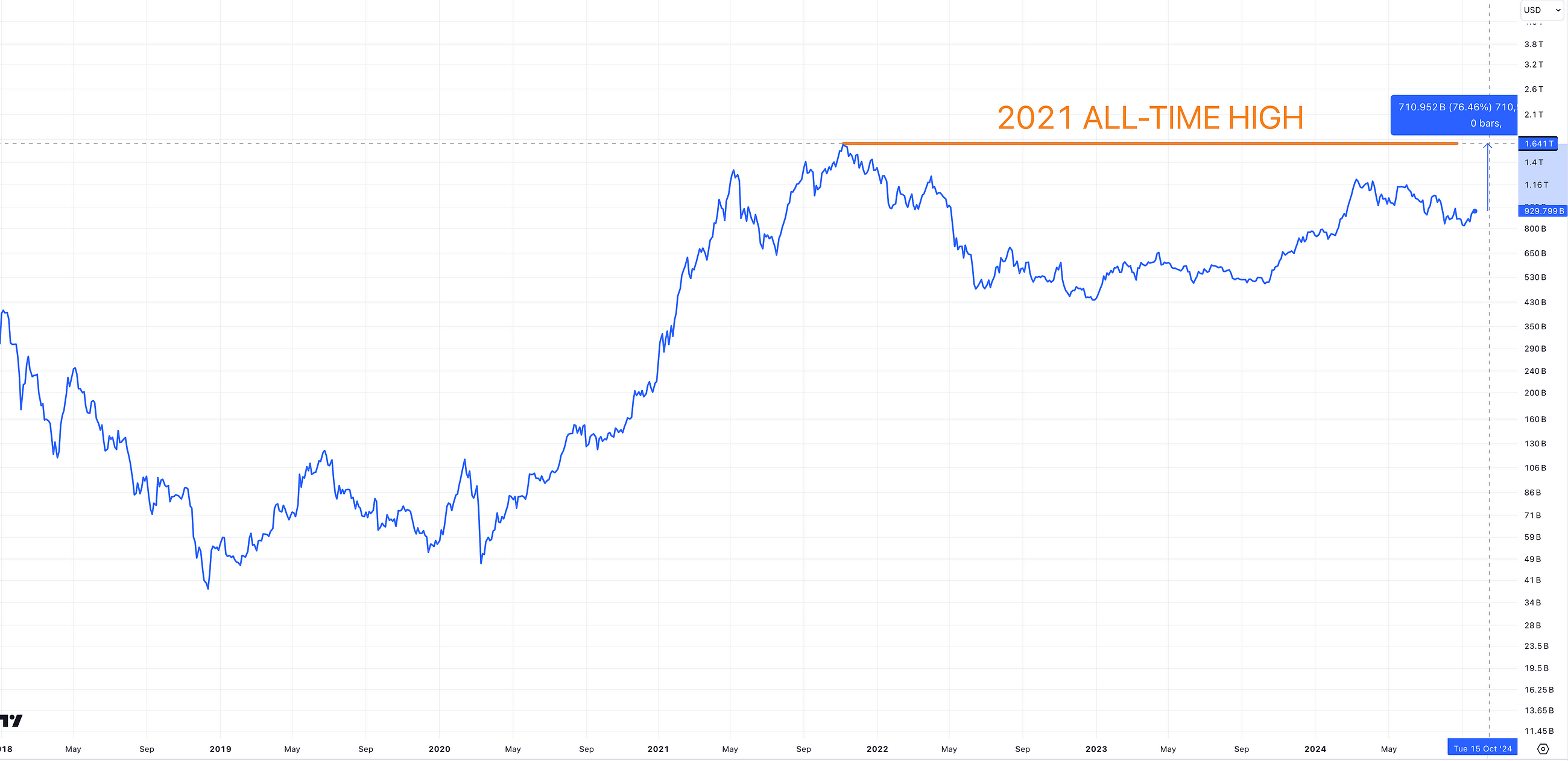

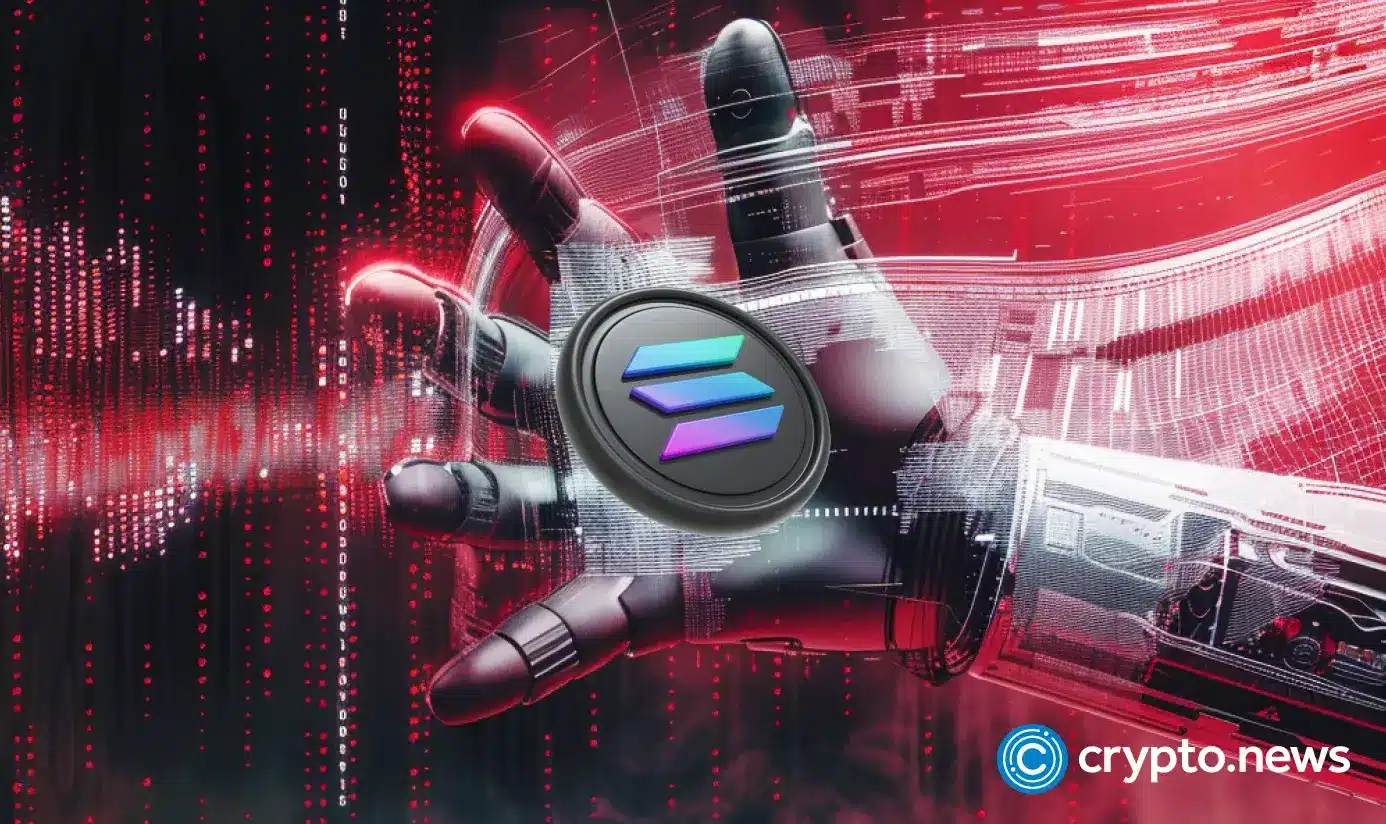


 English (US) ·
English (US) ·